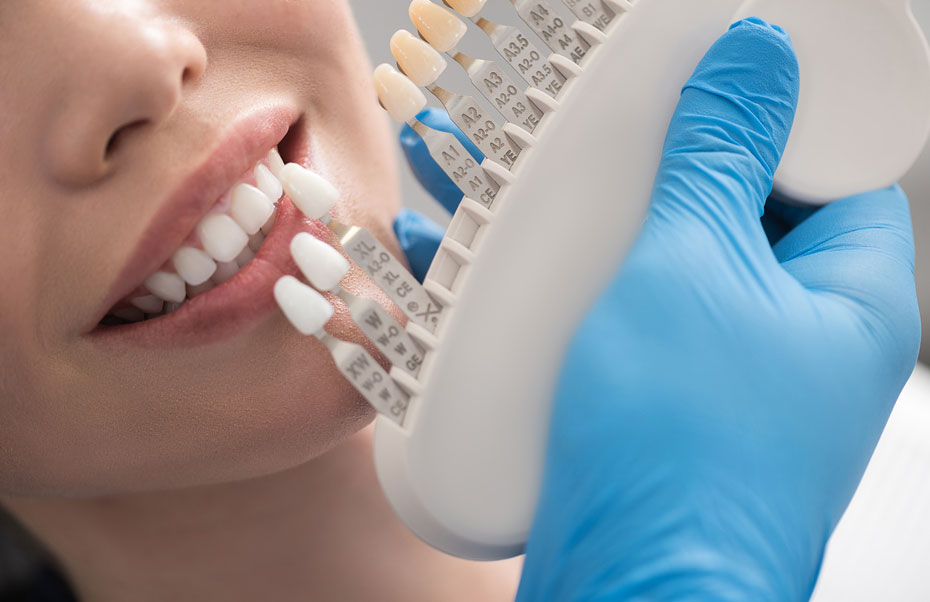
A dental crown is a type of prosthetic cap placed on top of teeth to restore teeth. Dental crowns preserve your tooth’s functions, appearance and overall health. If you have chipped, decayed or discolored teeth, a dental crown can replace the damage and save them. There are several types of dental crowns available based on periodontal conditions and severity of tooth damage.
Crown types include: metal crowns, ceramic crowns, composite resins, and porcelain crowns infused with metals. Your dentist may recommend either temporary or permanent crowns based on your dental conditions. We will be discussing the types of crowns more elaborately later but now let’s focus on the crowns’ facts.
Crowns can protect severely damaged teeth
Dental crowns can reverse the damage of the tooth by forming acting as a protective barrier on the tooth. Dentists place crowns on patients who suffer from tooth decay to strengthen a tooth or prevent loose fillings from dislodging. A patient may suffer severe dental complications if he has a chipped or decayed tooth; therefore, a dental cap can prevent the tooth from further cracking and keep the tooth functional long term.
Implants can be paired with crowns
Dental implants are used to replace missing tooth roots. Implants are also used to stabilize dentures to strengthen the dental structure. Most patients incline towards implants to replace a missing tooth, rather than dental bridges. This is because implants are more stable, look and function almost as natural teeth and restore eating and speaking abilities. Like natural teeth, crowns can restore implants, which means added protection to the teeth.
Crowns don’t stain
Crowns are made to look and work like natural teeth. However, unlike natural teeth, crowns don’t stain. While this can be a relief for some people who would like to eat and drink without worrying about stains, there is a minor disadvantage. If you are considering getting your teeth bleached professionally, you need to understand that the procedure won’t work on crowns. The color of the crowns won’t change, even when you have whitened the teeth. So whiten teeth before you get a crown(s).
Metal-based crowns can form a greyish tint
Some types of dental crowns are stronger than others. For example, porcelain-fused-to-metal crowns are all about strength and aesthetics. The metal structure gives the crown strength and stability, while the porcelain material provides the crown with a pearly sheen. Hence, most patients choose such types of crowns. However, metal-based crowns often form a gray tint near the gum line because of the metal; this tends to look a little odd. So, non-metal crowns like ceramic are better if you want to ditch the tint.
Crowns don’t last forever
Crowns can last for several years before getting worn down. Although they can last a decade, you can’t make them last forever. To ensure strength and longevity, you need to treat your caps with care. A crown can get damaged because of poor dental health and/or physical trauma. Make sure you maintain a healthy oral routine to ensure dental health and if you play a sport, get a mouthguard.
You don’t always need a crown
It’s true that dental crowns can fix broken or decayed teeth. With that said, you don’t always need crowns to restore your teeth. A dental crown is reserved for fixing extremely decayed or discolored teeth. If your tooth’s condition isn’t that serious, your dentist may recommend treatments like fillings or veneers.
Thinking about fixing your teeth with dental crowns in Charlotte, NC? District Dentistry is here to help you out. Call us at 704-910-5006 or schedule an online appointment with Dr. Khalil Mjahed to get the best dental crowns in the Charlotte, NC area.



